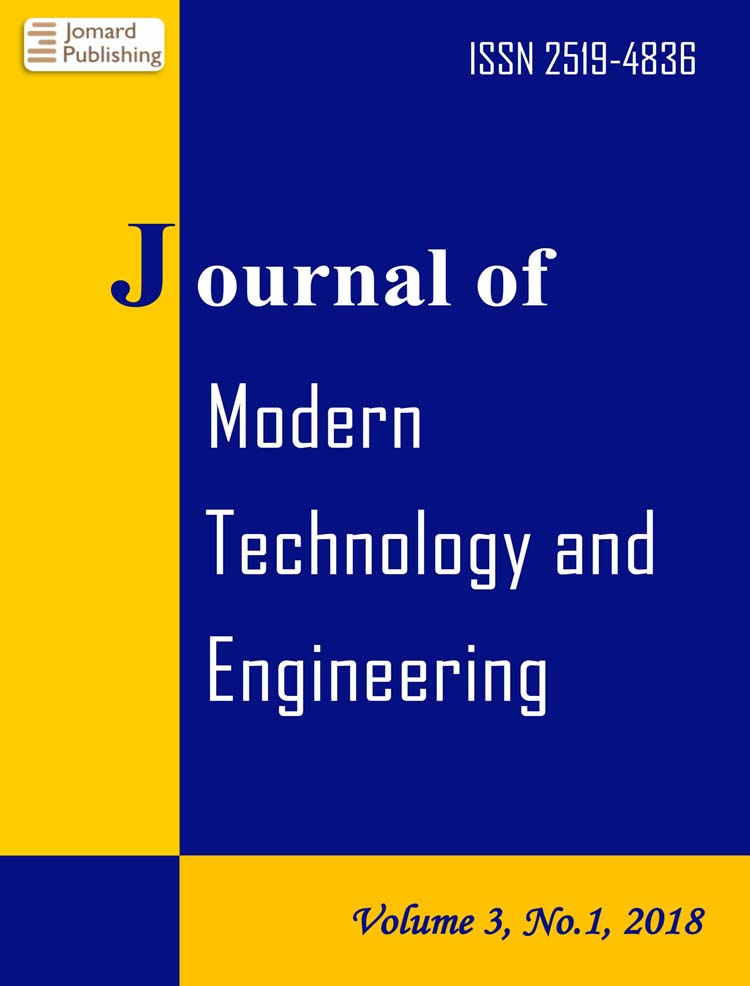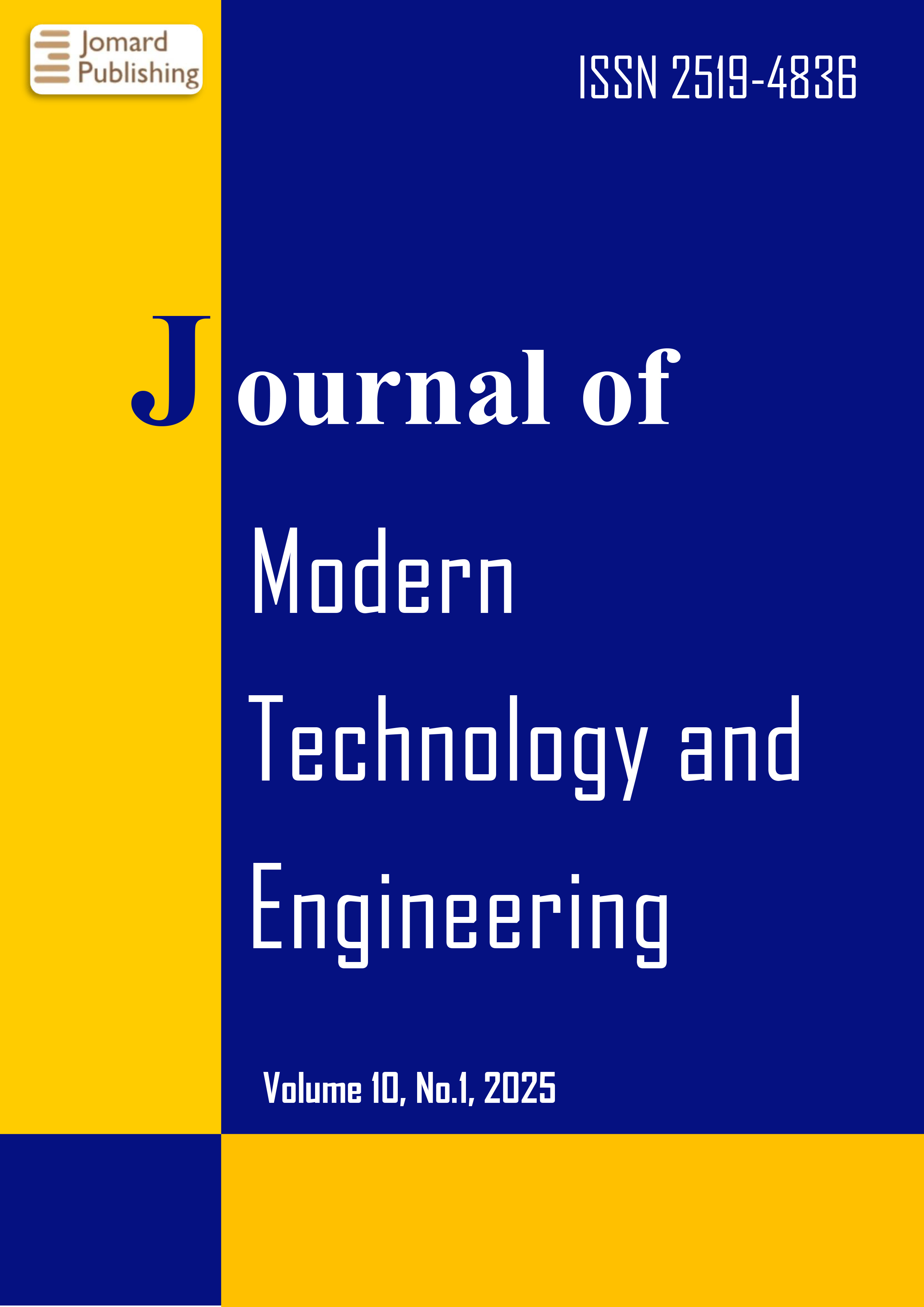The Effect of Toxicode and Google Blockly Applications on 5th Grade Students' Algorithm Development and Computational Thinking Skills
- Published: 05-05-2025
Share
This study aims to investigate the effects of Toxicode and Google Blockly applications on 5th grade students’ computational thinking and algorithm development skills. The study included 102 students, with 54 in the experimental groups and 48 in the control groups, following the Solomon four-group model. In the experimental groups, Toxicode program activities were applied; in the control groups, the activities of the Google Blockly application in the textbook of the Ministry of National Education were applied. While post-test was applied to all groups in the experimental process, pre-test was applied only to the experimental1 and control groups. In the data collection process, ‘Computer Thinking Scale’ and ‘Algorithm Development Self-Efficacy Perception Scale’ were used. The results show that Toxicode and Google Blockly applications have a positive effect on both skills. While students’ self-efficacy perception of algorithm development and computational thinking skills increased, it was concluded that this increase was statistically significant only in the self-efficacy perception of algorithm development in favor of the control group. As a result, block-based and visual programming tools contribute to the development of various skills such as computational thinking and algorithm development by making learning programming easier and more fun.
- View 675
- Downloads 145
- Saveds 0
- Citations (Crossref) 0

